|
Dear All,
This is my first letter as a retired minister. At first, I was not sure what to write about because I said all my farewells and thank yous in my previous letter. I did not want to write a load of gobbledygook, but then I thought, why not? Gobbledygook is a fun word to say. It was coined by Maury Maverick, a politician from Texas in the United States of America. During the Second World War, he wrote, “Be short and use plain language… Stay off gobbledygook language.” By this, he meant avoid using long, pompous and vague words when writing or speaking. He likened this to a turkey, “always gobbledygobbling and strutting with ridiculous pomposity.” I am writing this having just preached my last sermon as your minister. One of the readings, James 3:1-12, spoke about taming the tongue. I asked Hazel to record the sermon using a mobile phone app called Otter, so that we could put it on our website. The app records verbal speech and types it up for us, which in the past has saved us a lot of time. Unfortunately, on this occasion, Hazel was sat slightly too far away from me to pick up everything I said. So, this resulted, quite frankly, in a lot of gobbledygook! At the beginning of my sermon, I gave a lovely description of the human tongue, but this is what the app thought I said: “In your talent you have to both manage response, but each case only leaves up to one to two whoops that was fine. Switching over sweet, sour, salty, bitter and savoury, the size of the town is more sensitive than the middle of town. The colour of the town can tell us with an awkward level rose taste buds visible to the human eye.” There, that is gobbledygook. What I was trying to say was we have to be very careful in what we say and how we say things. I used the mnemonic “THINK” as an aid to help us speak more wisely. We must ask ourselves if what we are saying is: True Helpful Inspiring Necessary Kind If it passes all five tests, then speak away. With all speech, we have to make sure we say the right thing, with the right words, to the right people, in the right way, at the right time. So, it can be particularly difficult to say things without there being any misunderstandings. Wherever God leads me in this new chapter of my life, I must make sure that there are no misunderstandings. So, what am I sure about? I am sure that God loves us. Despite difficult situations, God cares for us and God has a plan for us. I am sure that the use of friends, loved ones, and people who we meet, are all part of God looking after us. I am certain that God is our Lord and Saviour. I believe this because I am told so in the Bible, and the resurrection was God’s endorsement of the things Jesus did and said. I also believe due the response of the resurrection, as seen by the rapid growth of Christianity throughout the first century, which is recorded in the book of Acts as well as in history. The word of Jesus is love spread via the Holy Spirit. Despite a huge number of attempts, the light of Jesus has not been put out. I believe because of the disciples, who died, on the whole, pretty traumatic deaths. This could not have happened if it was based on a lie. Finally, I believe in following James’s example in 2:18, in which he says, “Show me your faith without deeds, and I will show you my faith by my deeds.” We do not earn our way into heaven and eternal life. This is unique to Christianity. Eternal life is a free gift given by believing in Jesus, but our response to that belief has to be shown through good works: loving our neighbour, looking after the marginalised, helping the poor, being a voice to the voiceless etc. We do this as a response to God’s gift of grace and forgiveness. So, no more misunderstandings, no more gobbledygook. Let’s give our testimonies about what Jesus has done to transform our lives. Blessings, Martin
0 Comments
Dear All,
We are in the midsts of a busy time in the church calendar. We have had Ascension Day, which a cartoon recently joked was Jesus working from home, and Pentecost, the harvest festival 50 days after Passover. Jerusalem was more crowded than at Passover, and thousands of people witnessed the disciples receiving what seemed to be flames of fire and preaching in tongues or many languages. As a result, 5000 people converted to following Christ. As I write this (May 2021), Trinity Sunday looms. Trinity Sunday is quite a difficult Sunday to navigate. Generations ago, preachers were fined or killed for heresy as they endeavour to understand and write down a description of God. The word Trinity is not mentioned in the Bible. The concept was created by a theologian in the 3rd century called Tertullianus (c. 155 - 220). Trinity means three in one, and Tertullianus’s quest was to describe this experience of God. The idea of the Trinity was written in Paul’s final greeting in 2 Corinthians 13:14: “May the grace of the Lord Jesus Christ, and the love of God, and the fellowship of the Holy Spirit be with you all.” Paul, in his letter written around 55AD, had the ingredients of the Trinity, but trying to sum up the nature of God has proven impossible. This is because God is a mystery. Whilst we have been given intelligence, consciousness and a sense of morality, we cannot conceive of a God that exceeds time, space and matter. The Trinity is one God, but at the same time, three distinct persons. The Father is God but is not Jesus or the Holy Spirit. Jesus the Son is God but is not the Father or the Holy Spirit. Likewise, the Holy Spirit is God but is not the Father or the Son. Please remember that because God is a mystery, we cannot pin God down. If we could truly identify God, I do not think God would be God. God is majesty and mystery. Attempts at trying to describe the Trinity might not be as helpful as we once thought. For example, the analogy of water having the ability to be three things: liquid, ice and steam; does not quite cover the Trinity. Whereas God can be three things combined, water cannot be ice and steam at the same time. God is outside anything we could possibly imagine, so we have to hold our experience of God as a treasure, something precious, but not try to describe God because God is by nature indescribable. Welcome back to church. Welcome to the new world as shops and life start to reopen. As we come out of lockdown, we have a chance to create a new normal. Take this opportunity to establish new habits and routines that bring us closer to God rather than return to our old methods. May this letter find you fit, vaccinated, and ready to seek God anew, through Jesus Christ, and with the guidance of the Holy Spirit. May we be blessed as we come closer to a God of justice, a God of peace and a God of love, who is creator, redeemer and sustainer. Blessings, Martin Dear All,
As we return to regular worship in church, I would like us to think about what worship really means. Nobody forces us to worship. Worship is freely given. We do not worship because God is some egomaniac but in response to all that God has done, for instance, God’s miracles. God’s first miracle was creating the world, and another was sending Jesus to die for our sins so that we can reconcile with God and enjoy that relationship. Worship is not just singing songs. As Romans 12:1 says, worship is offering our bodies to God as living sacrifices. We worship because God is the creator, the deliverer and the provider. We worship because we are hard-wired to do so. In today’s society, where God is often not acknowledged, we have the cult of the celebrity, or we worship money or status. Worshipping God is an acknowledgement of something being over and above human life. We worship to offer God something of ourselves. We pray not to change God’s mind but for our minds to be changed. We pray to align our thoughts with God’s and to self reflect. We try to respond in a way God wants us to respond and ask for things that we know God wants us to ask. So, there is adoration in worship, there is a conversation in worship, and there is the giving of ourselves in worship. One thing Covid-19 has shown us is that we do not need a building in order to worship. I asked a friend, "what is art?" She told me, if art is made with the intention of being art, then it is art. The same goes for worship. If what you do is set out to be worship, then it is worship. Even if you are cleaning the dishes or walking in the park, if your mind is in a state of worship, then it is worship. Worship allows us to be aware of God working in our lives. It is having the time and space to allow God to speak to us but also allows ourselves to feel the presence of God. God wishes to make us more like Jesus, the supreme example of love. Freely given, love is an outpouring of yourself, like having a cathartic experience. Worship is about surrendering everything to God with all our heart, mind and strength. Whilst singing is an emotional response, and singing was very much a part of life in the temple and Judaism, it is not all that worship is, but it can help us understand something of the mystery of God. When you are wrapped up in music, it transcends words, which is why music is important. But worship is not all about singing. As already said, worship is giving 100% of yourself to God as a living sacrifice. We worship because it is good for us. In a busy world, worship creates space for an hour or so when we are not distracted by email or social media. We allow ourselves to be wrapped in the above and beyond. Worship gives us an attitude of gratitude. Instead of being me me me, worship lets us focus on thankfulness. Worship is good for us because it provides a sense of perspective. By nature, we are designed to worship, and worshipping God allows us to direct it in the right place. So, that is worship. Worship is our relationship with God, but it is enhanced when worshipping with others. So, in returning to church, we find strength, not only in the testimony of others and discovering how God is working in their lives but by giving us a sense of community. Take, for example, a lump of barbecue coal. Without other coals, a single one will go out. Yet, with other coals that are alight, it creates fire. Nonetheless, whilst corporate worship is important and worshipping in a building is important, it is not vital. Worship is about giving everything you are to a God who has created a universe for us, and for responding to God’s love, feeling God’s presence, and surrendering to that love and being transformed into all that God created us to be. Blessings, Martin Dear All,
Credo quia absurdum ("I believe because it is absurd") - Tertullian (c.155-220 AD) Nobody could plausibly have invented the story of Jesus as the Bible has it. They tortured and crucified the hero. They vilified him for speaking to the wrong people and championing the poor. As a story, this is absurd. You would have to be a fool to believe it. As I write this letter, I am aware April Fool's day is approaching. Who else but a fool would invent such a story as that of Jesus? April fools jokes are legion. Here are some articles which I ask you to decide, are they true or false?
They are all, of course, false. According to tradition, on 1st April, we can be pranksters up until noon. The origin of the day is uncertain but may date back to Roman times when, at the start of the year, they celebrated renewal festivals. This allowed servants to control their masters or children to order their parents around. At one point, the Spring Equinox marked the beginning of a new year. Nowadays, this falls towards the end of March and may explain why the April Fools Day holiday developed. Also, when calendars changed to make 1st January the beginning of the year, people made fun of those who continued to celebrate new year in the spring. Yet, believing in Jesus is far from foolish. Why would twelve of his closest friends, apart from John, die horrible deaths in Jesus’ name? They all sent the message of Christ’s resurrection around the world. If it was not true, why did no one break ranks to save themselves? The fact they did not is the biggest reason to believe. There are many inconsistencies within the New Testament, but that does not take away from its authenticity. The Gospels were written from varying viewpoints, allowing us to read about a more detailed and complex saviour. The life of Jesus is a true story, meaning we must not forget that Christ came into the world so that all shall not perish but have eternal life. Jesus is counterrevolutionary, asking us to believe in one God when the Romans and Greeks believed in many. He asks us to love our enemies by demonstrating that love practically. Rather than thinking it foolish to believe in such a man - fully human, fully divine - the jester's hat sits firmly on the non-believers. Blessings, Martin P.S. True or false? The Gants Hill URC website has had almost 14,000 visitors since its creation. TRUE! Dear All,
I have been amazed at how much power one person can have. If we knew we were so powerful, I think we would achieve anything. Sadly, this power goes untapped and unutilised. The power of one person was strikingly brought home to me when reading a series of articles by Hazel on eight Black Lives Matter heroes. These stemmed from the poem: Dream like Martin Lead like Harriet Fight like Malcolm Write like Maya Build like Madam C.J Speak like Frederick Educate like W.E.B Challenge like Rosa These individuals had amazing powers of resilience, vision, and charisma, which they used to improve the qualities of society beyond recognition. Martin Luther King Jr, the leader of the American Civil Rights Movement, dreamed of a better future for his children. His campaigns and peaceful protests made this dream a reality. Harriet Tubman escaped from slavery and spent the rest of her life helping over 70 other slaves flee from their cruel owners. Malcolm X stood up for both black people and Muslims in a time when they had no voice. Maya Angelou defended the rights of black women and wrote books in defence of oppressed Black cultures. Madam C.J. Walker became the first female self-made millionaire in America. With her money, she helped black women learn a profession and fend for themselves in a male-oriented world. Frederick Douglass sought to put an end to slavery and believed everyone should receive equal treatment, regardless of race. W.E.B Du Bois fought against the constraints on his race to become the first African American to earn a doctorate. He fought to remove the barriers so more black people could obtain qualifications. Finally, Rosa Parks refused to give up her seat on a bus to a white person, sparking boycotts and campaigns throughout the United States. An exhibition at the British Library called Unfinished Business, which I attended last year, emphasised the power of an individual. The display highlighted women who had fought for their rights and made society a fairer place. They refused to be muted, their voices rang clear, and they challenged society’s norms for the better. These people were no different from you and me. They were not necessarily highly educated or articulate, and they did not always come from a family of wealth. What they did have was a vision. Another example of vision and power occurred after the BBC aired a programme that I thought was not very fair. Approximately 6 million people watched, and the BBC received around 1000 complaints, compelling them to do something. Out of 6 million people, only 1000 people voiced concern, but it was enough for the BBC to respond. It only needed 0.02% of viewers to complain to make a difference. Proverbs 29:18 reads “Where there is no vision, the people perish.” It suggests that without vision, there is no change and no hope for the future. In a competitive, consumerist market, businesses look after their reputation. It is the most important hidden asset they have. So, if you feel like complaining, the chances are your voice will be heard. We have power; we have the power of one. What will galvanise us, what has to happen to prompt us to complain? Our MPs are very keen to hear from their constituents, but how often do we write about our concerns for ourselves, our town, our country, and our world? We have the power of one, and we just need to use this power with vision. Let’s see what we can create. Blessings, Martin Dear All,
I do not often, in fact, I cannot remember if I have ever spoken about my vulnerabilities, but two or three evenings ago, my mind was not in a good place. A coping technique I have devised over the years is to write my concerns in a book. This refines the issue, depersonalises it, and gives me an element of clarity to ensure a way forward, which I put into practice in the morning. Having written my problem, I go back to bed and sleep swiftly follows. During one of these moments, prayer struck me at a different level of intensity. Before I offer you this prayer, which helped me significantly, I wish to share the idea through the context of something I read in a daily motivation article: “Only in my pain, did I find my will. Only in my chaos, did I learn to be still. Only in my fear, did I find my might. Only in my darkness, did I see my light.” The prayer that gave me so much peace is attributed to St Teresa of Ávila: “Let nothing disturb you. Let nothing frighten you. All things are passing. God alone is changeless He who has patience wants for nothing He who has God has all things. God alone suffices.” We all have a daily prayer life, but sometimes it may seem our prayers are just part of our routine. It is only when one is on the rocks of despair that prayers may speak to you, help you, encourage you and move you forward. So, I offer St Teresa’s prayer for anyone who suffers from bouts of apprehension. Blessings, Martin Dear all,
At the time of writing, it is still the period of Advent. Preparations are underway for Christmas celebrations in our “bubbles”. Covid-19 remains a concern, but the vaccine has arrived in the country. Brexit talks are causing anxieties for many people. By the time you read this, we will no longer be part of the EU. By the time you read this, hundreds or thousands of people may be vaccinated. By the time you read this, our many worries and fears for the future may already be something of the past. As we go into the new year, I would like us to focus on the word Hope. Admittedly, it is difficult to plan and think positively of the future. We have learned from 2020 that plans can be disrupted. This time last year, we did not know the challenges we would face. Should we approach this new year with apprehension or with hope for the future? God sent Jesus to Earth as a gift of hope, which we celebrate each year on Christmas day. The shepherds and wise men that came to worship the child were full of hope, but we must not forget the confusion and mayhem this hope also caused. “When King Herod heard this he was disturbed, and all Jerusalem with him.” (Matthew 2:3) Herod feared for his position as king, and Jerusalem feared the changes this baby, this “hope”, would bring. Hope manifests in many different ways. For some, it is a feeling, for others, it involves major changes. Being afraid of change prevents hope from becoming a reality. Some people are hopeful this vaccine will work, others fear it. By the time you read this, we may see evidence of the vaccine working, or we may not. There could be other vaccines in circulation, or there may not. Brexit may have gone smoothly, or it may not. We cannot predict these things, but we can hope and trust in God and know that, no matter what, we are loved beyond our comprehension. So, as we go into this new year, look for signs of hope. Hope is not necessarily something huge, Jesus was only a baby, after all, but hope may appear in the most mundane of places: a smile from a stranger, a budding flower, blossom on trees, an act of random kindness. We do not know what this year will bring, but we can embrace the small glimmers of hope that prove life goes on and that God is always with us. Blessings, Martin |
©Copyright
We are happy for you to use any material found here, however, please acknowledge the source: www.gantshillurc.co.uk AuthorRev'd Martin Wheadon Archives
June 2024
Categories
All
|
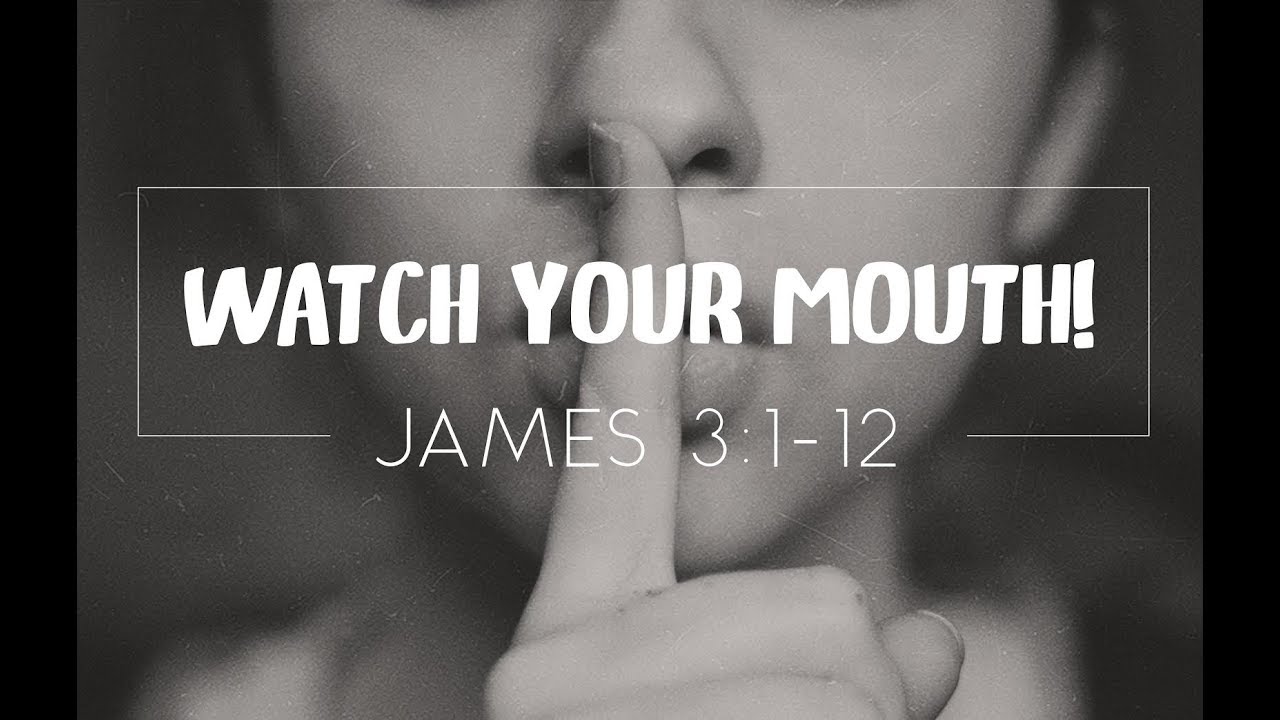
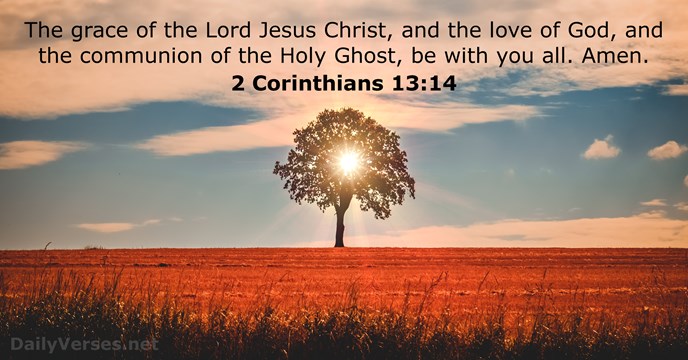

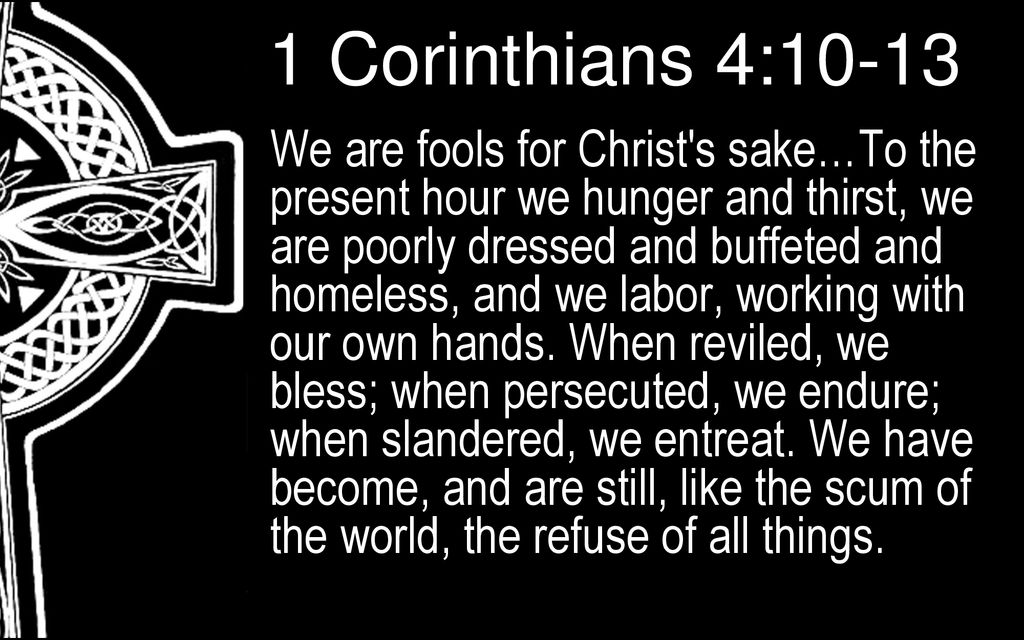

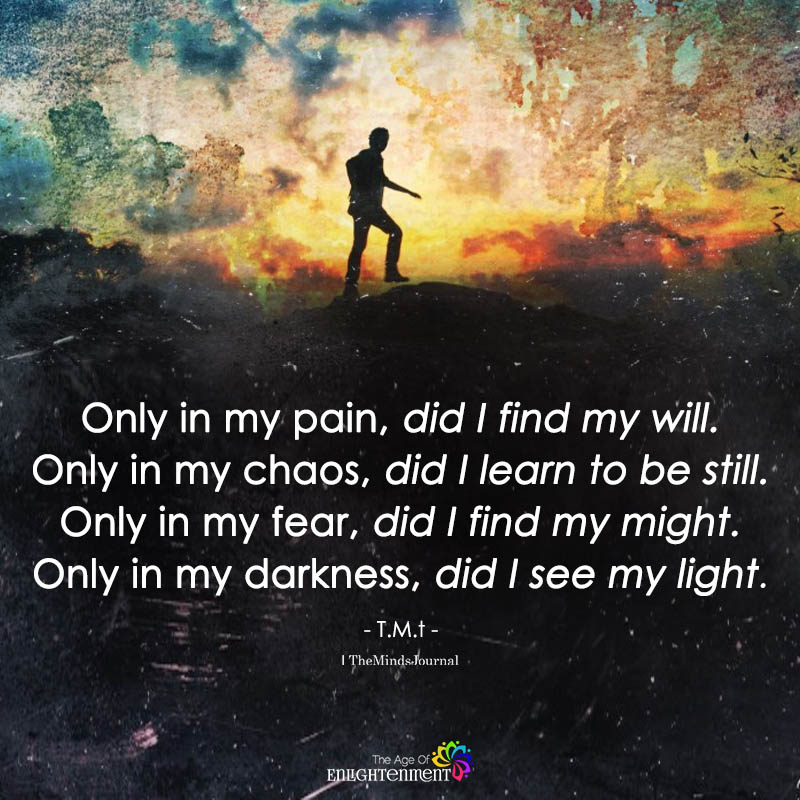
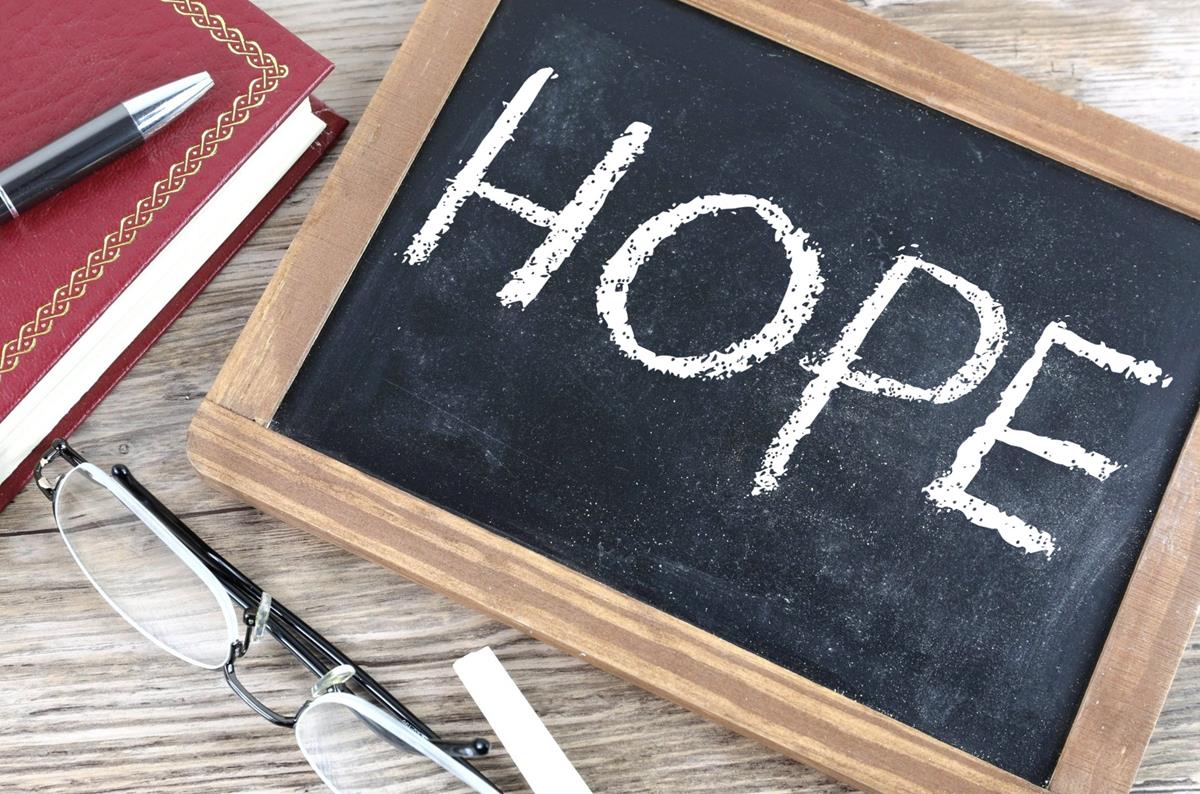
 RSS Feed
RSS Feed